Home>Renovation & DIY>Tools & Equipment>What Are The Different Types Of Screwdriver
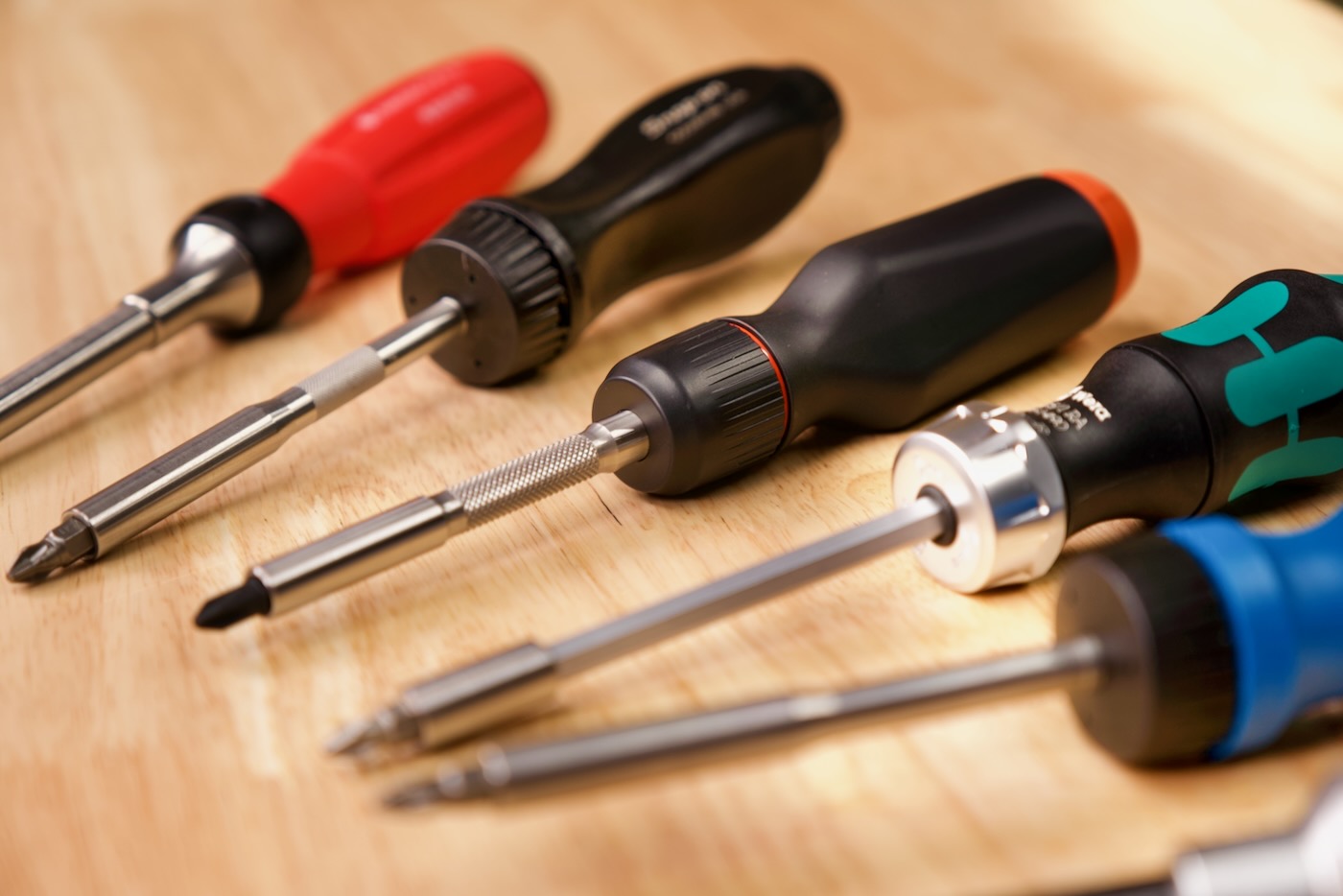

Tools & Equipment
What Are The Different Types Of Screwdriver
Modified: April 22, 2024
Discover the various types of screwdrivers and their uses in this comprehensive guide. Find the right tools and equipment for your DIY projects. Explore now!
(Many of the links in this article redirect to a specific reviewed product. Your purchase of these products through affiliate links helps to generate commission for Storables.com, at no extra cost. Learn more)
Introduction
When it comes to DIY projects, repairs, or assembly tasks, having the right tools is essential. Among the most fundamental tools in any toolbox is the screwdriver. However, not all screwdrivers are created equal. In fact, there are several types of screwdrivers, each designed for specific screw heads and applications. Understanding the differences between these screwdrivers can greatly enhance your efficiency and precision when working with various fasteners.
In this comprehensive guide, we will explore the different types of screwdrivers, shedding light on their unique features, applications, and benefits. Whether you are a seasoned DIY enthusiast or just starting to build your tool collection, this knowledge will undoubtedly prove invaluable in your future projects.
Key Takeaways:
- Choose the right screwdriver for the job to optimize efficiency, minimize damage, and achieve secure results in DIY projects and repairs.
- Embrace the diversity of screwdriver designs to navigate the world of fastening with ease and precision, ensuring accurate and effective results in every project.
Read more: What Are The Different Types Of Curtains
Flathead Screwdriver
The flathead screwdriver, also known as a slotted screwdriver, is one of the oldest and most widely used types of screwdrivers. It features a simple, flat, and single-bladed tip that fits into the straight, linear slot on the screw head. This design allows the flathead screwdriver to apply torque to the screw, enabling tightening or loosening of the fastener.
Flathead screwdrivers are commonly used for household applications, woodworking, and general repairs. They are ideal for screws with a traditional slotted head, which can be found in a wide range of objects, from furniture to electrical outlets. However, one of the drawbacks of flathead screwdrivers is their tendency to slip out of the slot, especially when significant torque is applied. This can lead to damage to the screw head or injury to the user. As a result, flathead screwdrivers are gradually being replaced by more secure and efficient alternatives, such as Phillips and Robertson screwdrivers.
Despite their limitations, flathead screwdrivers remain essential in many toolkits due to the prevalence of slotted screws in certain applications. When using a flathead screwdriver, it is crucial to ensure a good fit between the blade and the screw slot to minimize the risk of slippage and damage. Additionally, selecting a flathead screwdriver with a comfortable and ergonomic handle can significantly improve user control and reduce hand fatigue during prolonged use.
Whether you are tightening a loose hinge, assembling a piece of furniture, or working on a DIY project, the flathead screwdriver is a versatile and indispensable tool that continues to play a significant role in various fastening applications.
Phillips Screwdriver
The Phillips screwdriver, named after its inventor Henry F. Phillips, features a cross-shaped tip that corresponds to the cruciform recess on Phillips screws. This design allows the screwdriver to engage more deeply with the screw head, providing increased torque and reducing the likelihood of the tool slipping out during use. The Phillips screwdriver was developed to address the limitations of the traditional flathead screwdriver, offering improved efficiency and stability when working with fasteners.
One of the key advantages of the Phillips screwdriver is its ability to transfer more torque to the screw, minimizing the risk of cam-out, a common issue where the screwdriver slips out of the recess, potentially damaging the screw head. This enhanced engagement makes the Phillips screwdriver particularly suitable for power-driven applications, as it can withstand higher levels of rotational force without disengaging from the screw head.
The Phillips screwdriver is widely used in manufacturing, construction, and assembly industries, as it provides reliable and secure fastening for a variety of materials. Additionally, many consumer products, from electronic devices to household appliances, utilize Phillips screws due to their compatibility with automated assembly processes and their resistance to cam-out.
When selecting a Phillips screwdriver, it is important to choose a size that matches the screw head to ensure optimal engagement and torque transfer. Using an incorrectly sized Phillips screwdriver can lead to damage to the screw head and result in inefficient fastening. Furthermore, investing in a high-quality Phillips screwdriver with a comfortable handle and a durable tip can significantly improve user experience and prolong the tool’s lifespan.
Overall, the Phillips screwdriver’s innovative design and reliable performance have cemented its status as a staple tool in various industries and household toolkits. Whether you are assembling furniture, performing electrical installations, or engaging in DIY projects, the Phillips screwdriver offers a dependable solution for driving and removing Phillips screws with precision and ease.
Robertson Screwdriver
The Robertson screwdriver, invented by P.L. Robertson, features a square-shaped tip that corresponds to the square recess on Robertson screws. This unique design offers several advantages over traditional screwdrivers, making it a popular choice for a wide range of applications.
One of the key benefits of the Robertson screwdriver is its ability to securely engage with the screw head, providing excellent torque transfer and reducing the likelihood of slippage or cam-out. This enhanced stability makes the Robertson screwdriver particularly well-suited for high-torque applications, as it can effectively withstand significant rotational force without disengaging from the screw.
Furthermore, the square shape of the Robertson screwdriver tip allows for a more precise and secure fit with the screw head, minimizing the risk of stripping or damaging the fastener during use. This makes it an ideal choice for woodworking, construction, and assembly tasks where precise and reliable fastening is essential.
When selecting a Robertson screwdriver, it is important to choose the correct size to ensure a snug fit with the corresponding screw head. Using an improperly sized Robertson screwdriver can lead to inefficiencies and potential damage to the screw head, compromising the integrity of the fastening. Additionally, investing in a high-quality Robertson screwdriver with a comfortable handle and a durable tip is essential for optimal performance and longevity.
Overall, the Robertson screwdriver’s innovative design and exceptional performance have made it a preferred choice for professionals and DIY enthusiasts alike. Whether you are working on woodworking projects, assembling furniture, or engaging in construction tasks, the Robertson screwdriver offers a reliable and efficient solution for driving and removing Robertson screws with precision and confidence.
When choosing a screwdriver, consider the type of screw you will be working with. For example, a flathead screwdriver is best for slotted screws, while a Phillips screwdriver is best for cross-head screws. Using the right type of screwdriver will make your job easier and prevent damage to the screw.
Torx Screwdriver
The Torx screwdriver, designed for use with Torx screws, features a six-point star-shaped tip that corresponds to the internal star-shaped recess on Torx screws. This unique design offers several advantages over traditional screwdrivers, making it a popular choice for a wide range of applications across various industries.
One of the key benefits of the Torx screwdriver is its ability to distribute torque evenly across all six points of the screw head, reducing the risk of slippage, cam-out, and damage to the fastener. This enhanced engagement and torque transfer make the Torx screwdriver particularly well-suited for high-torque applications, where secure and reliable fastening is essential.
Furthermore, the star-shaped design of the Torx screwdriver tip provides a more secure and precise fit with the screw head, minimizing the risk of stripping or damaging the fastener during use. This makes it an ideal choice for automotive, aerospace, and electronics industries, where precision and durability are paramount.
When selecting a Torx screwdriver, it is important to choose the correct size to ensure optimal engagement with the corresponding screw head. Using an improperly sized Torx screwdriver can lead to inefficiencies and potential damage to the screw head, compromising the integrity of the fastening. Additionally, investing in a high-quality Torx screwdriver with a comfortable handle and a durable tip is essential for optimal performance and longevity.
Overall, the Torx screwdriver’s innovative design and exceptional performance have made it a preferred choice for professionals and enthusiasts working in industries that demand precision and reliability. Whether you are assembling electronic devices, working on automotive repairs, or engaging in aerospace applications, the Torx screwdriver offers a dependable and efficient solution for driving and removing Torx screws with precision and confidence.
Read more: What Are The Different Types Of Stemware?
Hex Screwdriver
The hex screwdriver, also known as an Allen wrench or hex key, is a specialized tool designed for driving and removing hexagonal socket head screws and bolts. The hex screwdriver features a hexagonal-shaped tip that corresponds to the internal hexagonal recess on the fastener, providing a secure and efficient means of fastening and loosening hex screws.
One of the key advantages of the hex screwdriver is its ability to apply torque to all six sides of the hexagonal recess, ensuring a secure and precise fit with the fastener. This design minimizes the risk of slippage and provides excellent torque transfer, making the hex screwdriver well-suited for applications where reliable and robust fastening is essential.
Hex screws and bolts are commonly used in furniture assembly, bicycle components, machinery, and various mechanical and engineering applications. The hex screwdriver’s ability to provide a secure and stable connection with the fastener makes it an indispensable tool for professionals and DIY enthusiasts working in these industries.
When using a hex screwdriver, it is important to select the correct size that matches the dimensions of the hexagonal recess on the fastener. Using an incorrectly sized hex screwdriver can lead to inefficiencies and potential damage to the fastener, compromising the integrity of the connection. Additionally, investing in a high-quality hex screwdriver with a comfortable handle and a durable tip is essential for optimal performance and longevity.
Overall, the hex screwdriver’s versatility and reliability have made it a staple tool in various industries and household toolkits. Whether you are assembling furniture, performing mechanical repairs, or engaging in DIY projects, the hex screwdriver offers a dependable and efficient solution for driving and removing hex screws and bolts with precision and ease.
Square Screwdriver
The square screwdriver, also known as a Robertson screwdriver, is a specialized tool designed for driving and removing square recess screws. The square screwdriver features a square-shaped tip that corresponds to the internal square recess on square screws, providing a secure and efficient means of fastening and loosening these unique fasteners.
One of the key advantages of the square screwdriver is its ability to securely engage with the screw head, providing excellent torque transfer and reducing the likelihood of slippage or cam-out. This enhanced stability makes the square screwdriver particularly well-suited for high-torque applications, as it can effectively withstand significant rotational force without disengaging from the screw.
The square screwdriver is commonly used in woodworking, construction, and assembly tasks, where square recess screws are prevalent. Its ability to provide a precise and secure fit with the screw head makes it an ideal choice for applications where reliable and robust fastening is essential.
When using a square screwdriver, it is important to select the correct size that matches the dimensions of the square recess on the fastener. Using an improperly sized square screwdriver can lead to inefficiencies and potential damage to the screw head, compromising the integrity of the fastening. Additionally, investing in a high-quality square screwdriver with a comfortable handle and a durable tip is essential for optimal performance and longevity.
Overall, the square screwdriver’s unique design and exceptional performance have made it a preferred choice for professionals and DIY enthusiasts working in industries and projects that require precise and reliable fastening. Whether you are working on woodworking projects, assembling furniture, or engaging in construction tasks, the square screwdriver offers a dependable and efficient solution for driving and removing square recess screws with precision and confidence.
Conclusion
Understanding the different types of screwdrivers is essential for anyone involved in DIY projects, repairs, or assembly tasks. Each type of screwdriver is uniquely designed to accommodate specific screw heads and applications, offering distinct advantages and benefits. From the traditional flathead and Phillips screwdrivers to the specialized Robertson, Torx, hex, and square screwdrivers, the diversity of screwdriver types reflects the vast array of fastening needs across various industries and projects.
As technology and manufacturing processes continue to evolve, the demand for precision, efficiency, and reliability in fastening solutions has led to the development of innovative screwdriver designs that address the limitations of traditional tools. The Phillips screwdriver’s cross-shaped tip provides enhanced torque transfer and reduced cam-out, making it a versatile choice for a wide range of applications. The Robertson screwdriver’s square-shaped tip offers exceptional stability and precise fit, making it a preferred tool for woodworking and construction tasks. The Torx screwdriver’s six-point star-shaped tip ensures even torque distribution and resistance to slippage, catering to industries that demand precision and durability. The hex screwdriver’s ability to engage all six sides of the hexagonal recess provides secure fastening for mechanical and engineering applications, while the square screwdriver’s precise fit with square recess screws makes it an indispensable tool for woodworking and assembly tasks.
When selecting a screwdriver, it is crucial to consider the specific requirements of the task at hand, including the type of screw head, the level of torque needed, and the potential for slippage or cam-out. Additionally, investing in high-quality screwdrivers with ergonomic handles and durable tips can significantly enhance user experience and ensure long-term reliability.
Whether you are a professional tradesperson, an avid DIY enthusiast, or simply someone who occasionally tackles household repairs, having a comprehensive understanding of the different types of screwdrivers empowers you to work with confidence and precision. By choosing the right screwdriver for each application, you can optimize efficiency, minimize the risk of damage to fasteners, and achieve secure and reliable results in your projects.
Embracing the diversity and ingenuity of screwdriver designs enables individuals to navigate the intricate world of fastening with ease, ensuring that every screw is driven or removed with the utmost accuracy and effectiveness.
Frequently Asked Questions about What Are The Different Types Of Screwdriver
Was this page helpful?
At Storables.com, we guarantee accurate and reliable information. Our content, validated by Expert Board Contributors, is crafted following stringent Editorial Policies. We're committed to providing you with well-researched, expert-backed insights for all your informational needs.
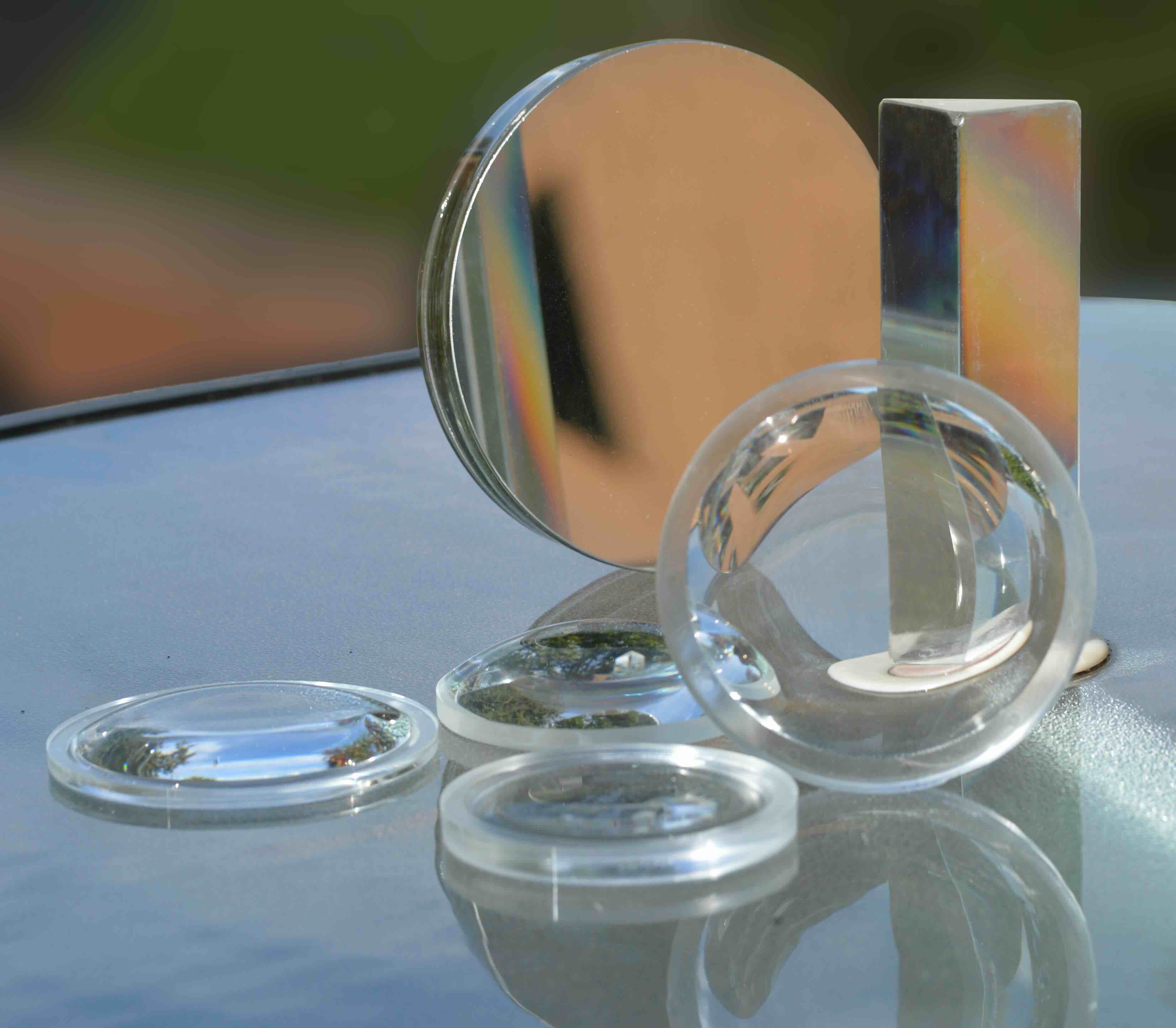

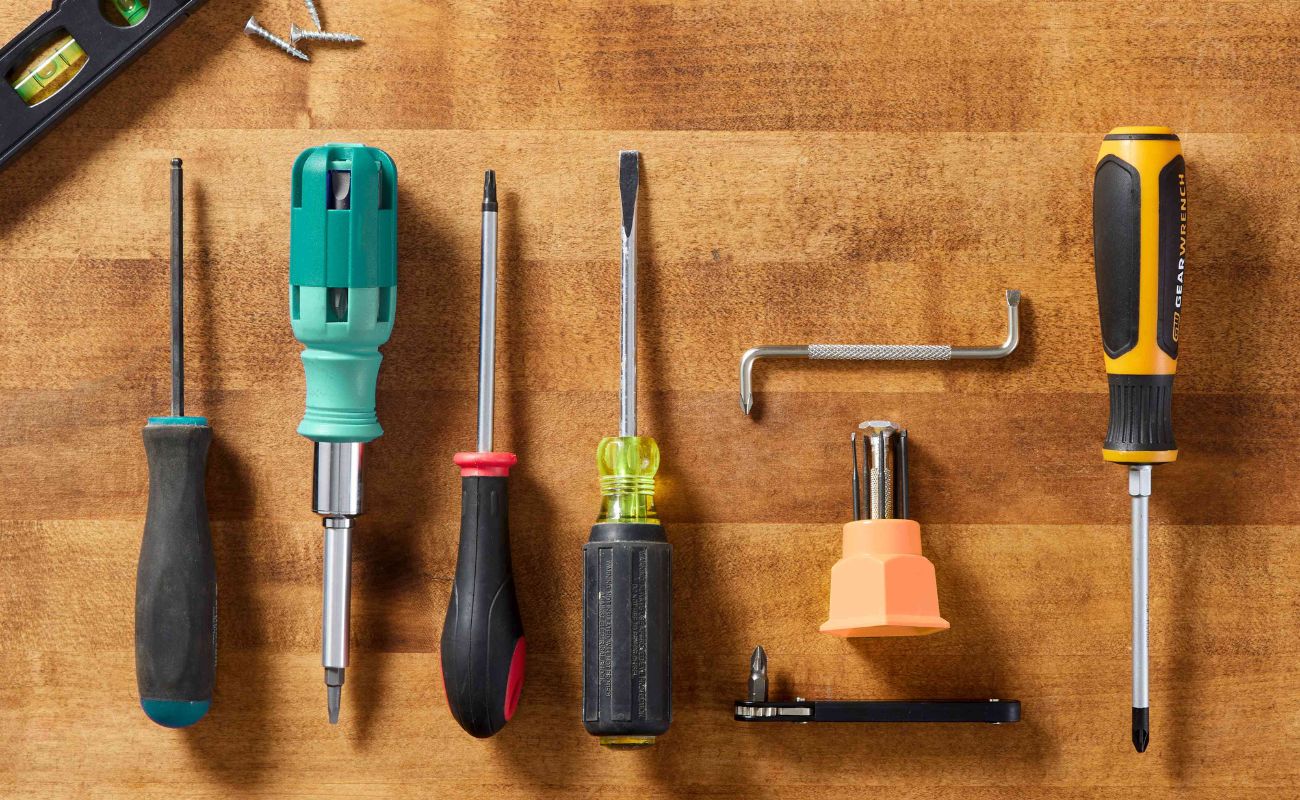
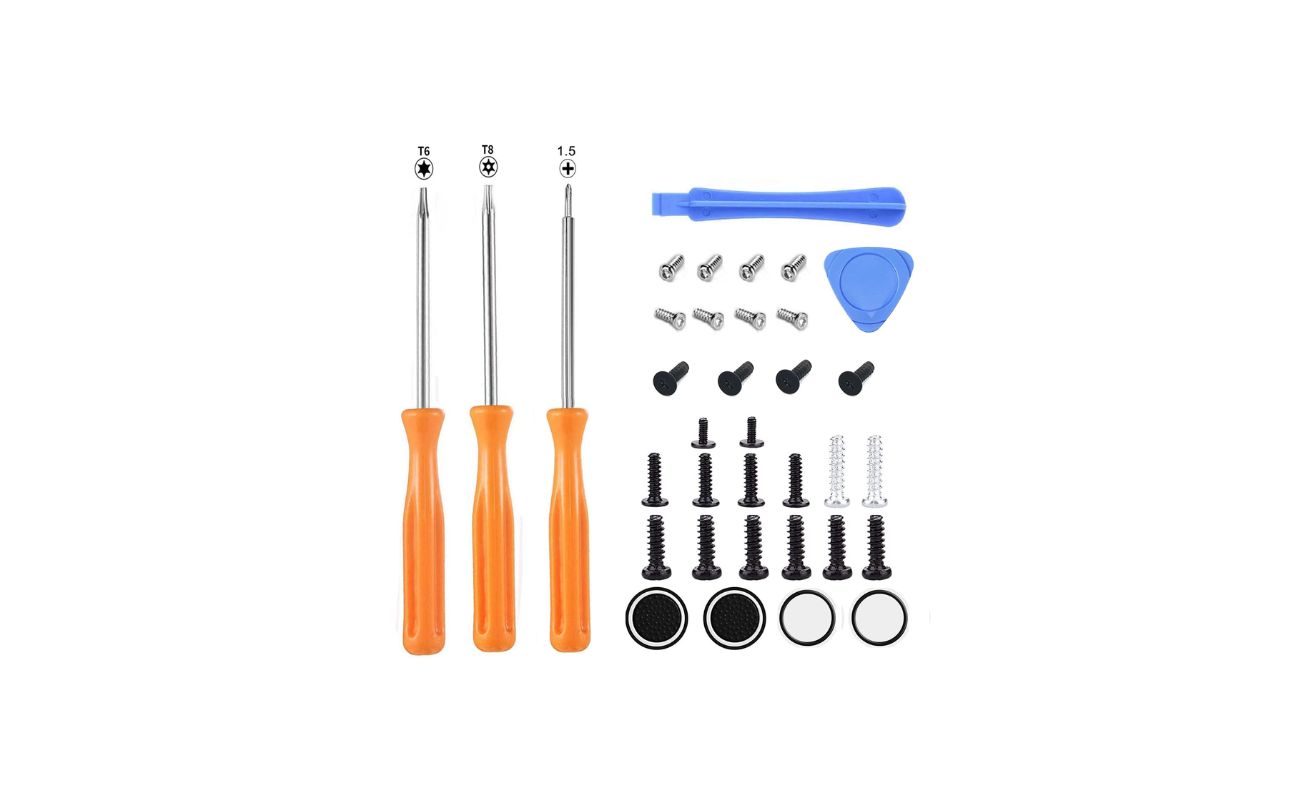

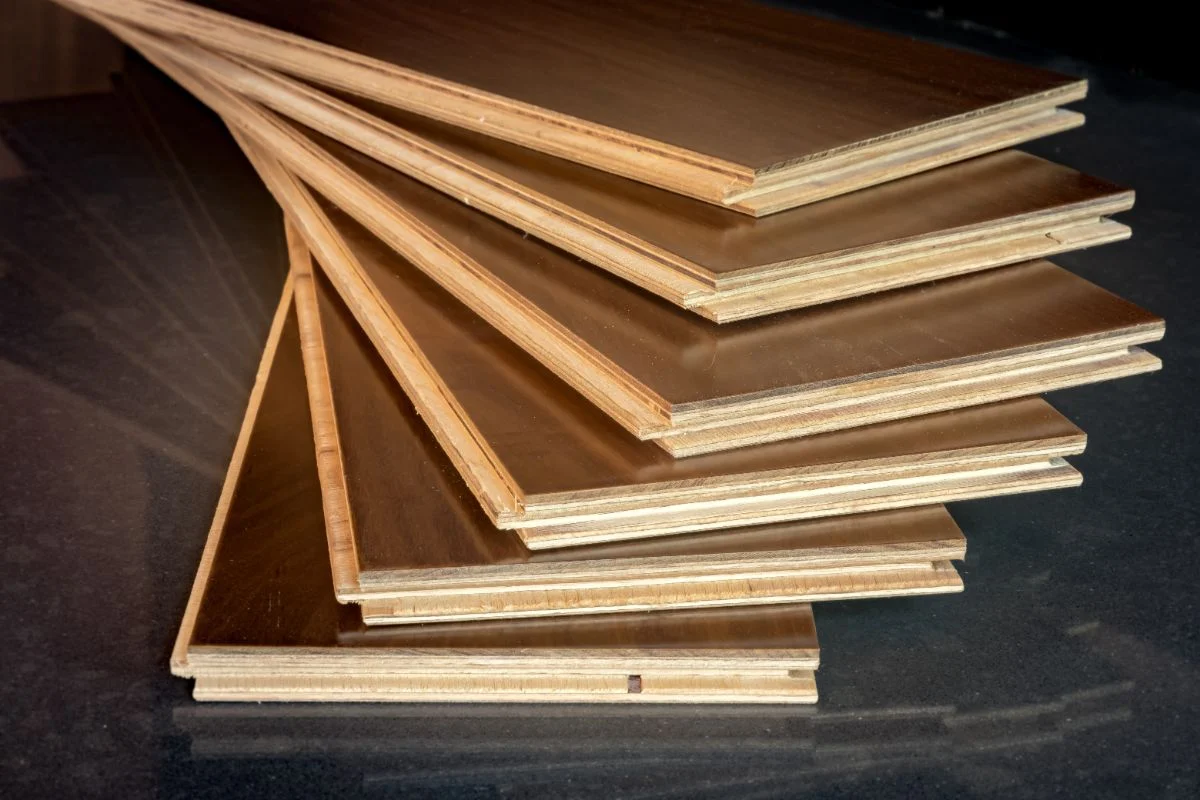

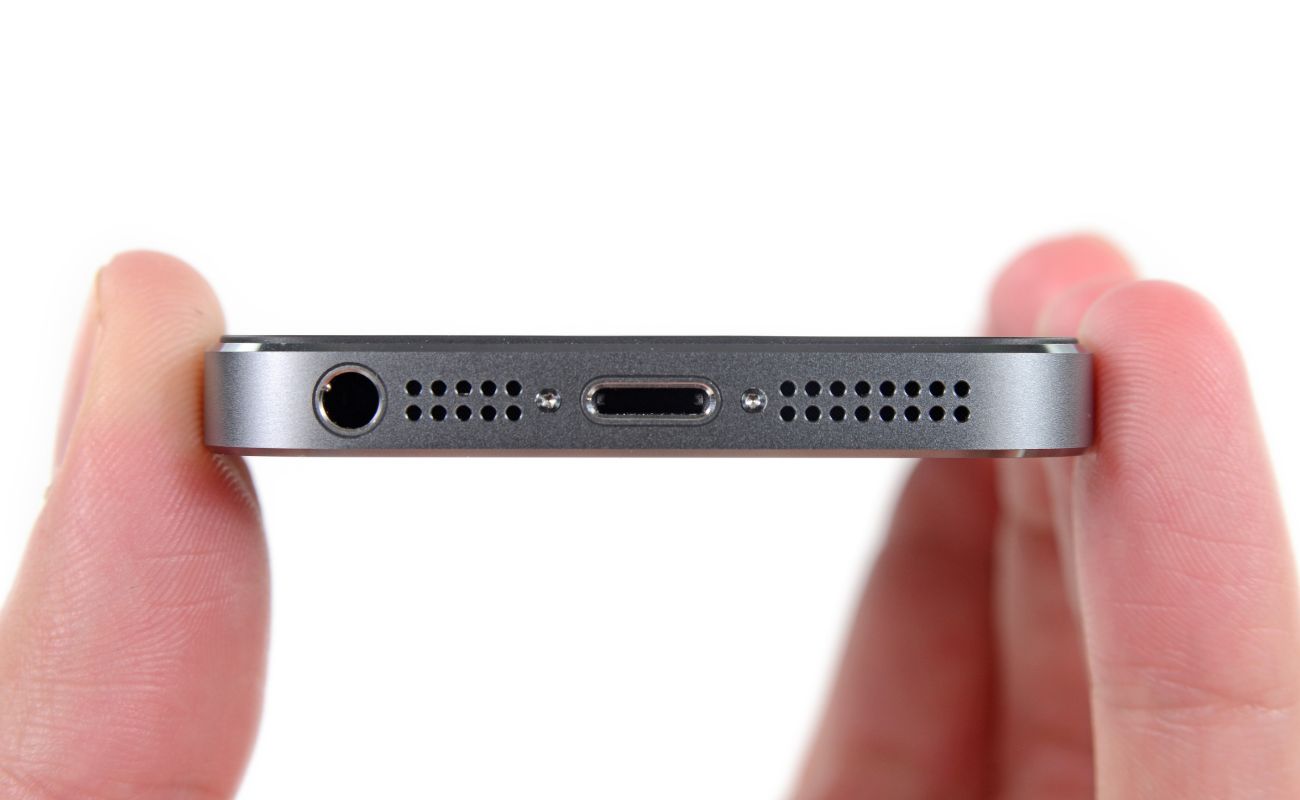
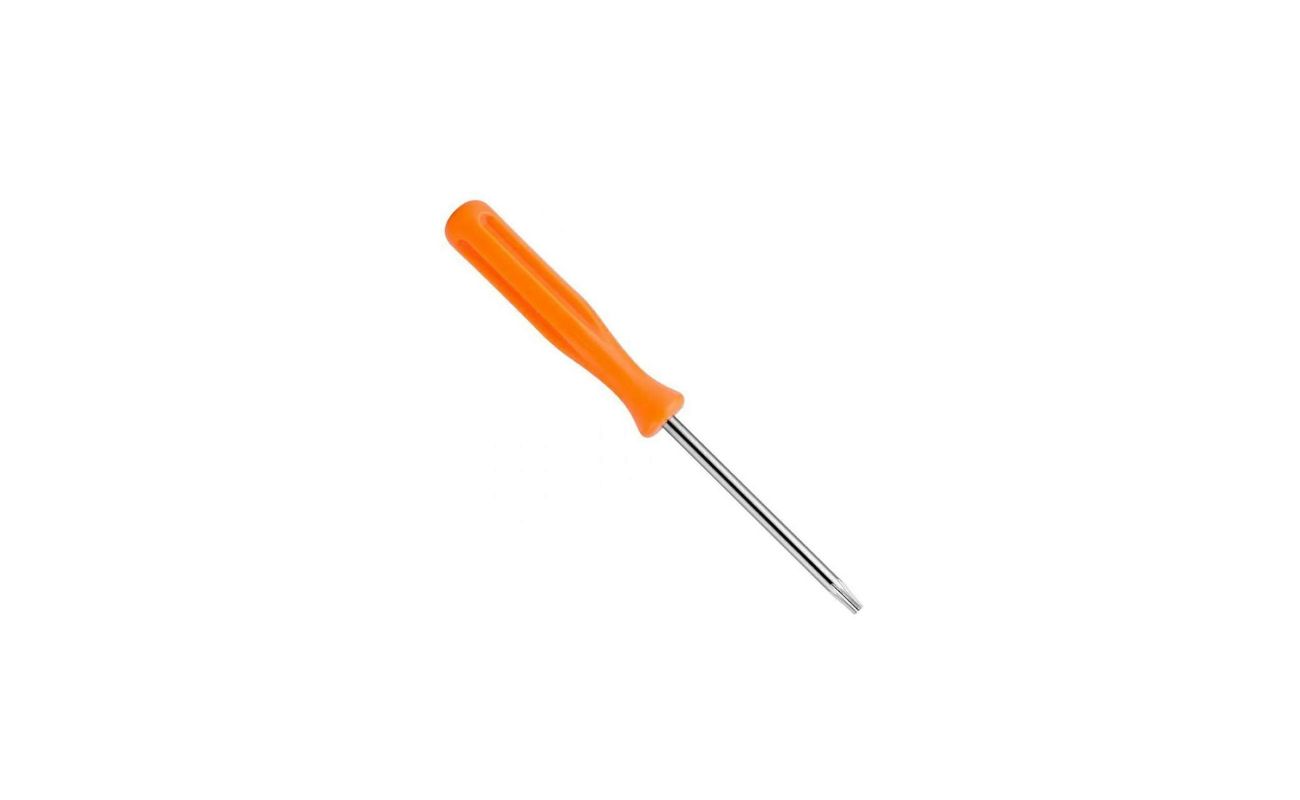

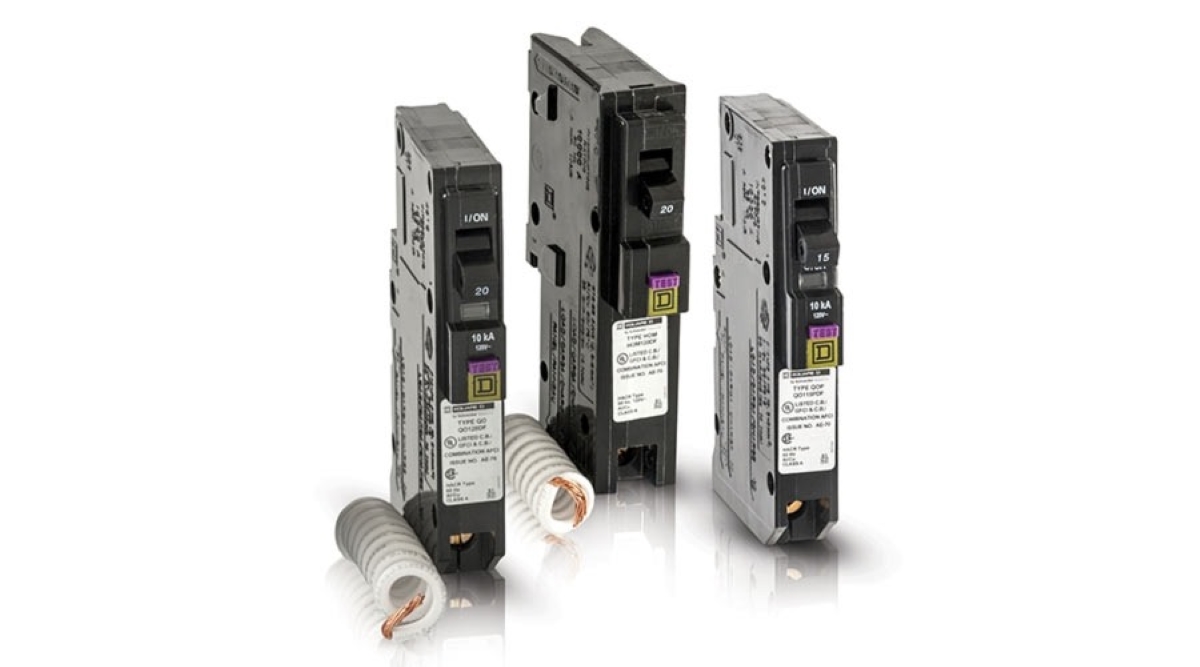
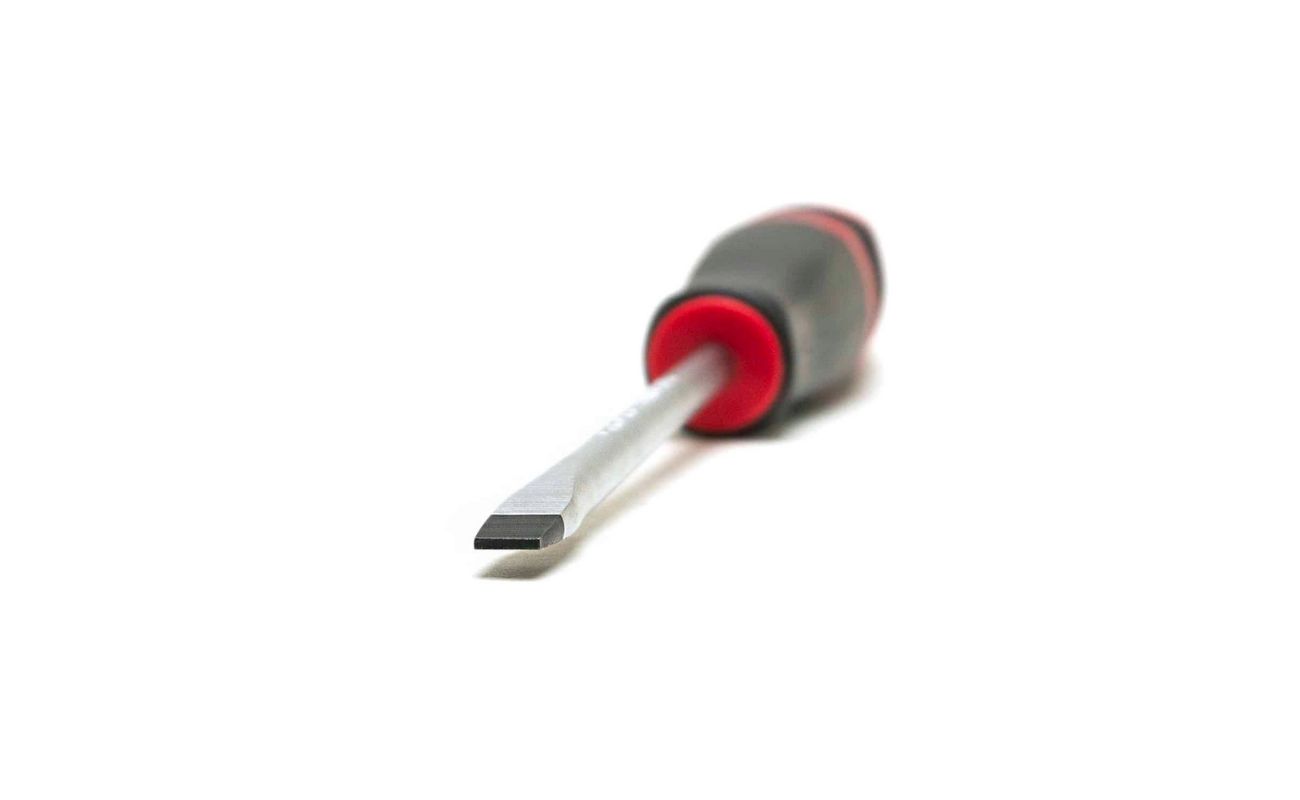
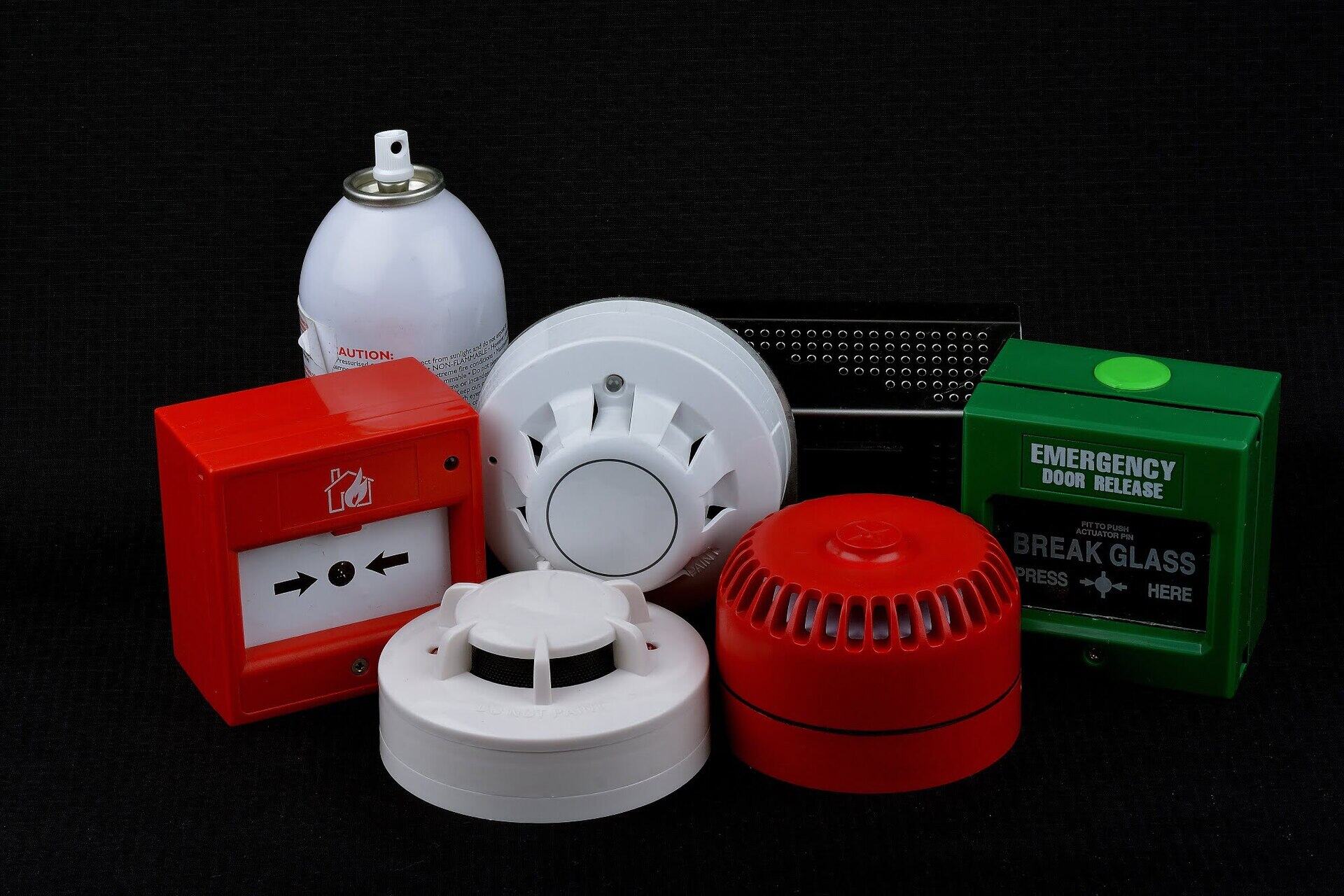
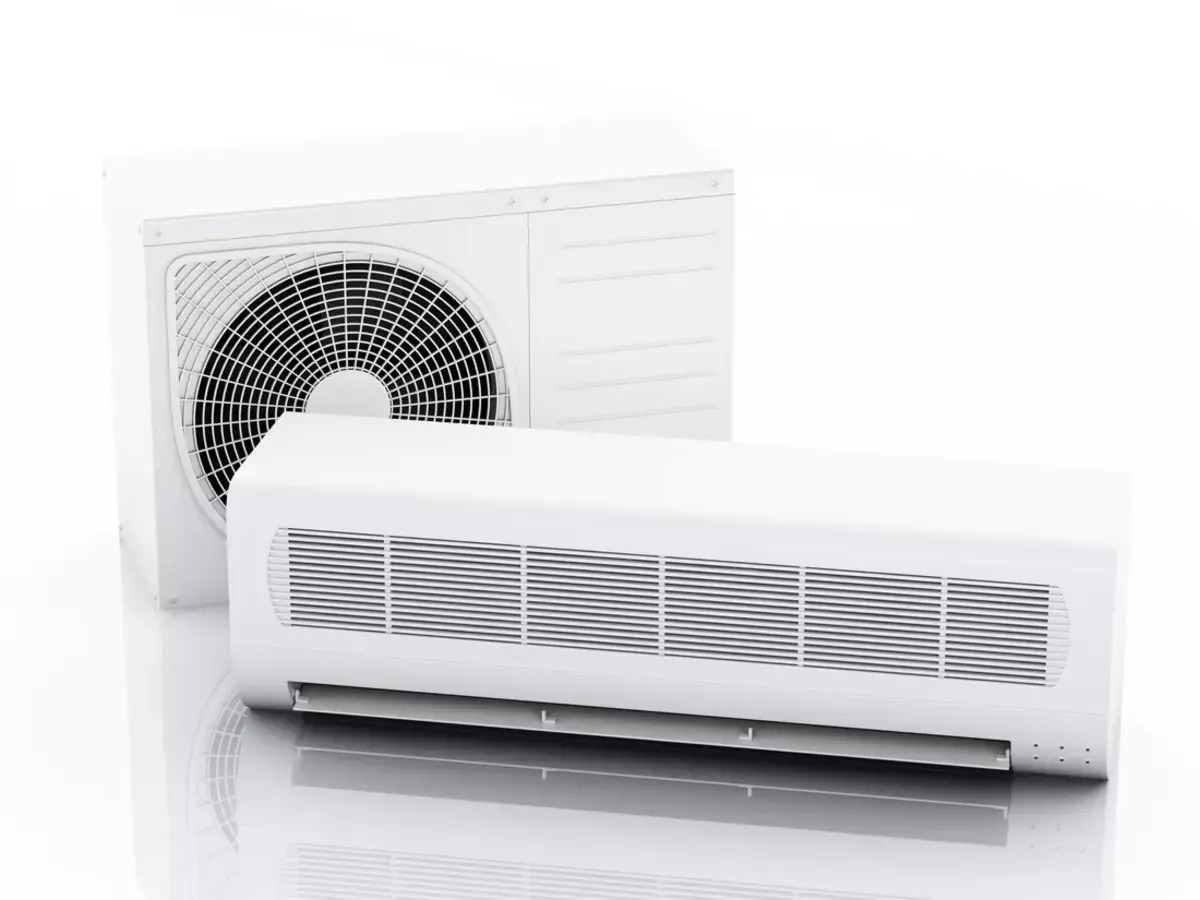

0 thoughts on “What Are The Different Types Of Screwdriver”